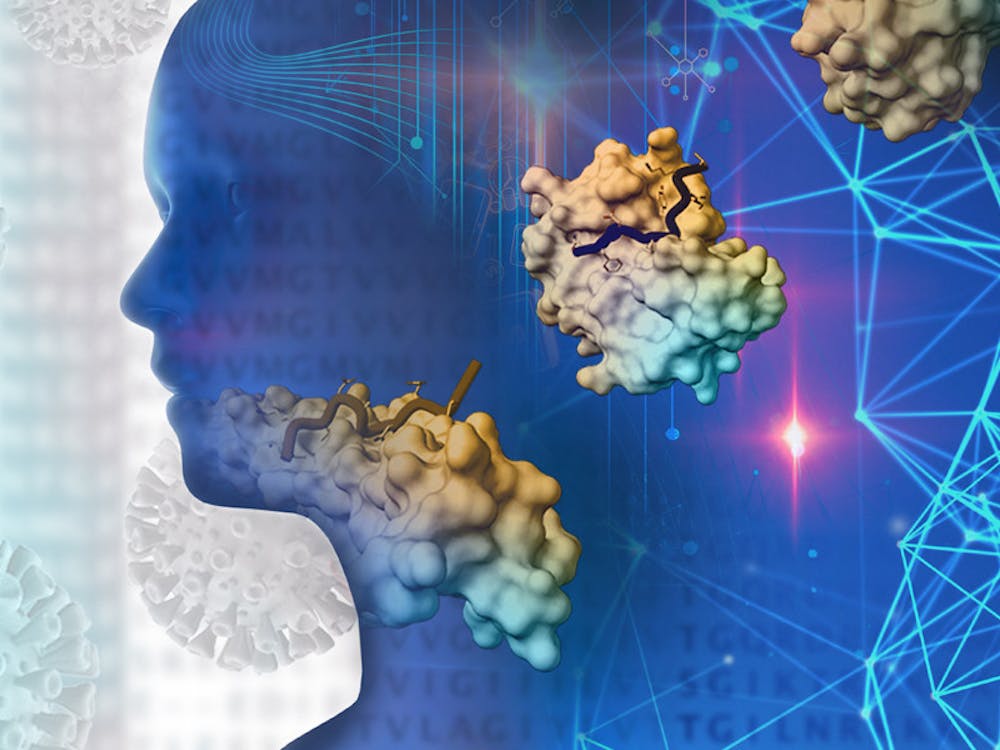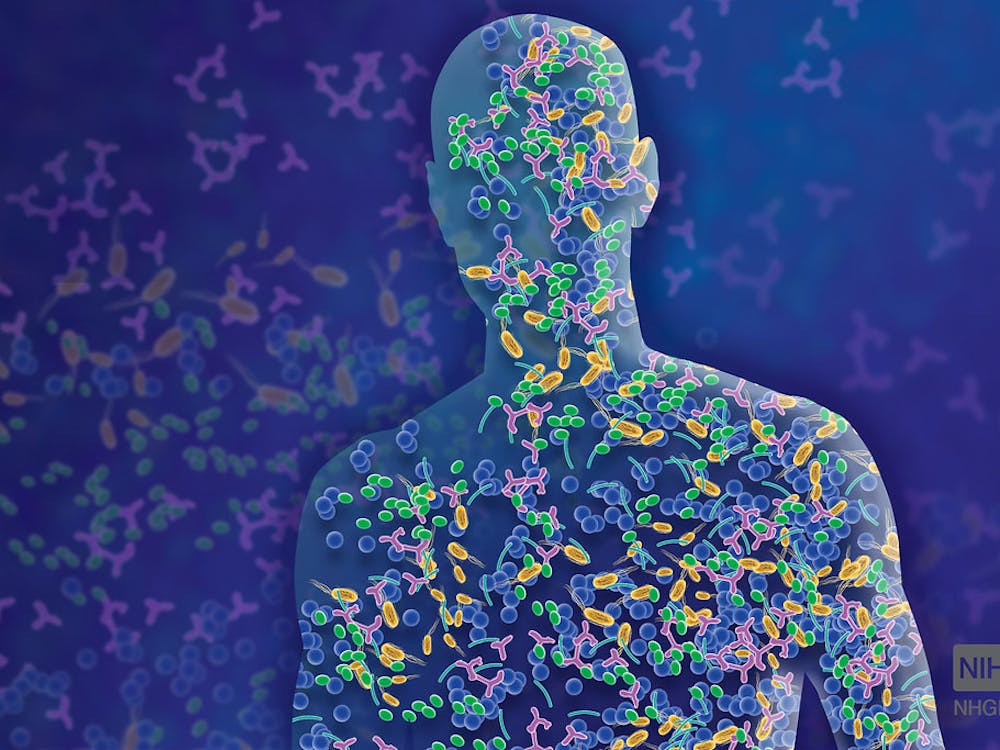Walking through Brody or MSE on any given day, almost anyone could overhear the typical student bemoaning how much work they have or how stressed they feel. Even though stress is practically programmed into the college experience, different students handle pressure differently and responses can vary.
Reasons for stress among students also differ, according to O. Joseph Bienvenu, a professor of psychiatry and behavioral sciences at the Hopkins School of Medicine.
“[Stress can come from] high expectations of oneself, ambition/competition for high grades for graduate school entrance, living on own and having to make many decisions regarding priorities,” Bienvenu said.
Recent discoveries by researchers at the Science Education Center at National Taiwan Normal University hint that stress may in fact have a genetic component. The researchers looked at Asia to secure a decent sample size with enough statistical data.
In most Asian countries, each educational advancement is accompanied by a placement test. For example, in Taiwan, thousands take the Basic Competency Test for Junior High School Students in order to gain admission to the best high schools. Attending a good high school translates into a better shot at being accepted at the most prestigious colleges.
The high stress environment and decent student population size in Taiwan allowed the researchers to gather data on the effects of stress. Specifically, the research team sought to use the COMT gene to explain the differences in how children handle stress.
The COMT gene assembles an enzyme that removes the neurotransmitter dopamine from the brain’s prefrontal cortex, an area in charge of planning and decision making. It is crucial that the prefrontal cortex maintain the optimal amount of dopamine because the chemical speeds up neuron firing rates. The researchers hypothesized that the amount of dopamine is correlated with the likelihood of students cracking under pressure.
Every person carries the COMT gene. However, there are two versions of the gene. One variant removes dopamine over a long period of time while the other lowers the dopamine level rapidly. Therefore, despite the fact that everyone has the COMT gene, there are variations in ability to reduce dopamine levels in the prefrontal cortex.
Previous studies have tried to pinpoint the effect of the variations. In one study, the subjects performed cognition tests and the results consistently showed that subjects with the slower acting enzymes performed better under normal conditions. People with this type of COMT gene demonstrated better reasoning and evaluation of consequences. This correlation also seemed to increase with the amount of education received. On the other hand, people with the faster acting enzymes had dopamine levels that were too low, which reduced the subjects’ success at processing information.
Though the slow acting enzyme shows a clear advantage, the previous studies did not take into account the high stress environment under which people live. When people are under stress, the body releases a high amount of dopamine into the prefrontal cortex. This substantial increase makes the cortex unable to process information as effectively; thus, people with the slower acting enzymes cannot cope with stress as well as people with the faster acting enzymes. The data from Taiwan confirms this analysis; students with the slower acting enzymes scored an average of eight percentage points lower than their counterparts.
Despite the appearance that genetics can make or break a test, there is encouraging news for those with the slower acting enzymes. Studies done by Jeremy Jamieson, an assistant professor of Social Psychology at the University of Rochester, have shown that a change in mindset definitely helps people cope with stress.
Jamieson’s work focused on the effect of stress perception for students taking the GRE. The studies showed that people who are told that stress actually improves performance scored an average six percent higher than those in the control group. Other similar experiments point to the fact that the ability to handle stress is not solely determined by genes.
Many would agree that Hopkins lives up to its reputation as a stressful university, with all the associated effects of anxiety that follow.
“[Some experience] panic attacks, reactive depression, confusion, irritability, lowered self-esteem and ... a reliance on drugs,” Daniel Kirsch, the president of the American Institute of Stress, said, discussing general reactions to stress.
However, since it is not plausible to manipulate the DNA of individual Hopkins students on a grand scale, it is perhaps more useful to focus on potential methods of handling stress.
Stressbusters, a campus group that focuses on relieving stress, offers some insights.
“[Students] know that they are very limited with time so they try to be as efficient as possible in a short amount of time,” junior and Stressbuster Jon Konel said, describing the way stress empowers some students.
Most Stressbusters agreed that students should take breaks — whether browsing the internet or listening to music — when they are overwhelmed. They also recommend exercise as an effective way to relieve pressure.
“Simplify/prioritize what you really want to accomplish, aerobic exercise, do something pleasurable regularly, reflect on past successes [and] see potential stressors as challenges” Bienvenu said, validating the Stressbusters’ advice.
Amidst all the ways people handle stress, sophomore and Stressbuster Anna Belous perhaps summed it up best.
“It’s all about perception. One person will tell themselves ‘I’m stressed, but I can do this!’ Another will say ‘I’m so stressed, and I suck at orgo, s**t I’m going to bomb Overything,’” Belous said.
We all know who will do better on the exam.






















Please note All comments are eligible for publication in The News-Letter.